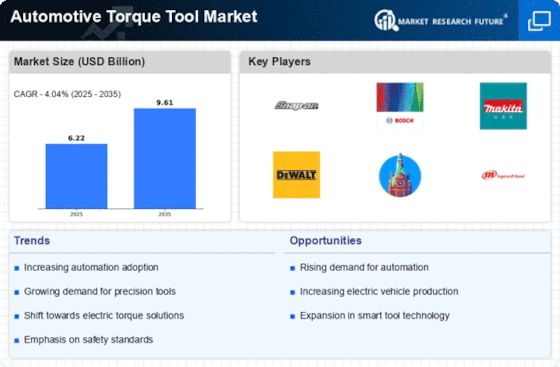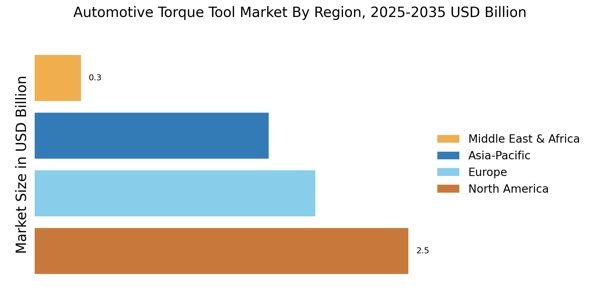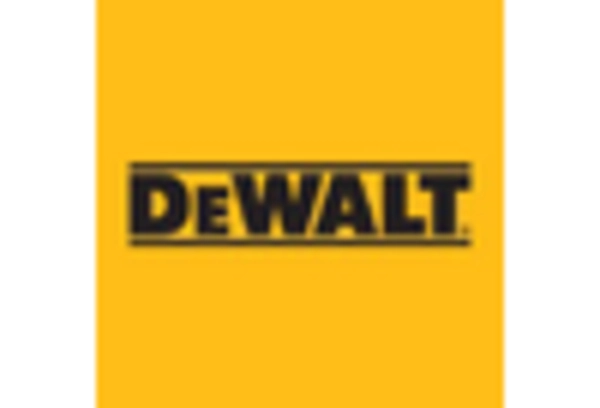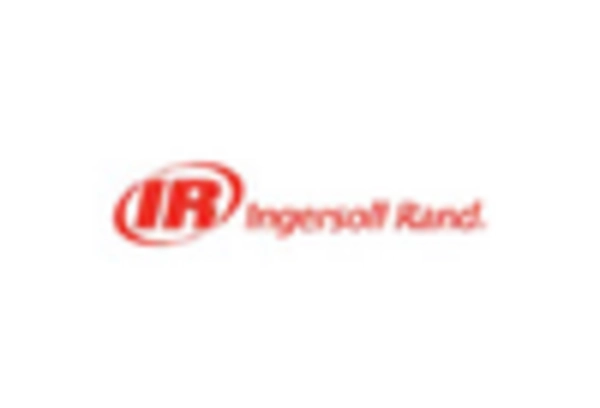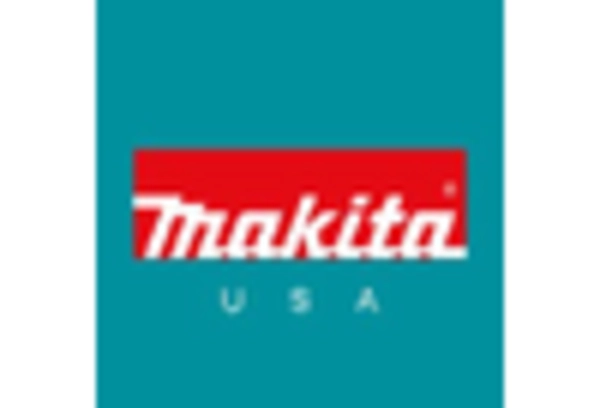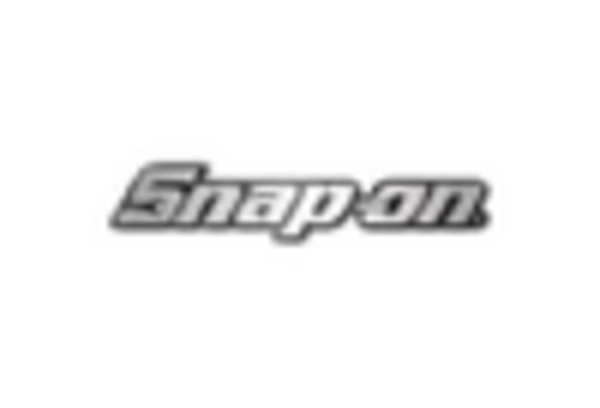Rising Vehicle Production
The automotive torque tool market is experiencing a notable surge due to the increasing production of vehicles worldwide. As manufacturers ramp up their output to meet consumer demand, the need for efficient and reliable torque tools becomes paramount. In 2025, the automotive sector is projected to produce over 90 million vehicles, which directly correlates with the demand for high-quality torque tools. These tools are essential for ensuring that components are assembled with the correct torque specifications, thereby enhancing vehicle safety and performance. Consequently, the automotive torque tool market is likely to benefit from this upward trend in vehicle production, as manufacturers seek to optimize their assembly processes and maintain stringent quality control standards.
Technological Innovations
The automotive torque tool market is witnessing a transformation driven by technological innovations. The advent of smart torque tools, equipped with digital displays and connectivity features, is revolutionizing how torque is applied in automotive assembly. These advanced tools provide real-time feedback and data logging capabilities, which enhance precision and efficiency. In 2025, the market for smart torque tools is expected to expand significantly, as manufacturers increasingly adopt these technologies to streamline their operations. This shift not only improves the accuracy of torque application but also contributes to overall productivity in the automotive sector, thereby bolstering the automotive torque tool market.
Growing Focus on Safety Standards
The automotive torque tool market is significantly influenced by the increasing emphasis on safety standards within the automotive sector. Regulatory bodies are continuously updating safety regulations, which necessitate the use of precise torque tools during vehicle assembly. In 2025, it is anticipated that stricter compliance measures will be enforced, compelling manufacturers to invest in advanced torque tools that ensure accurate torque application. This trend not only enhances vehicle safety but also reduces the likelihood of recalls and associated costs. As a result, the automotive torque tool market is poised for growth, as manufacturers prioritize safety and quality in their production processes.
Increased Automation in Manufacturing
The automotive torque tool market is significantly impacted by the trend of increased automation in manufacturing processes. As automotive manufacturers seek to enhance efficiency and reduce labor costs, the integration of automated assembly lines is becoming more prevalent. In 2025, it is expected that a majority of vehicle assembly operations will incorporate automated systems, which require advanced torque tools capable of interfacing with robotic applications. This shift towards automation not only streamlines production but also necessitates the use of precision torque tools to ensure consistent quality. Consequently, the automotive torque tool market is likely to thrive as manufacturers invest in automation technologies that enhance their operational capabilities.
Expansion of Electric Vehicle Production
The automotive torque tool market is experiencing a paradigm shift with the expansion of electric vehicle (EV) production. As automakers pivot towards sustainable transportation solutions, the demand for specialized torque tools tailored for EV assembly is on the rise. In 2025, it is projected that EV sales will account for a substantial portion of total vehicle sales, necessitating the development of torque tools that cater to the unique requirements of electric drivetrains. This trend presents a lucrative opportunity for manufacturers within the automotive torque tool market, as they adapt their product offerings to meet the evolving needs of the automotive landscape.
.png)

